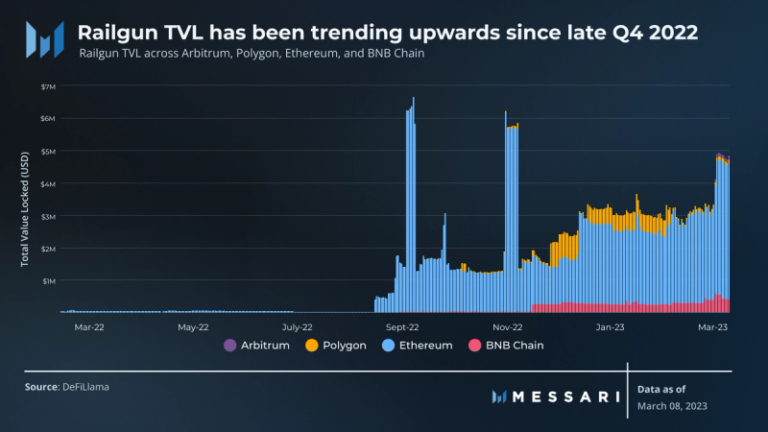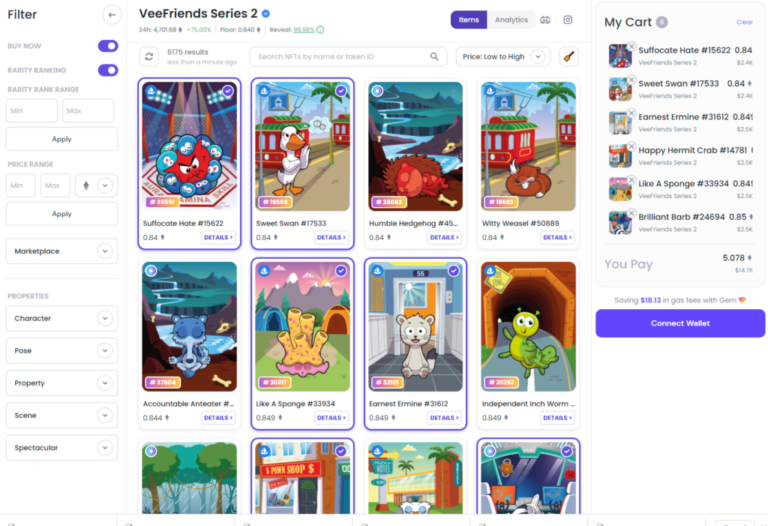
DeFi Protocol voted to control a whale’s account to mitigate liquidation risks temporarily
One of the Solana network’s leading decentralized finance (DeFi) lending protocols Solend has reacted to criticism of a governance proposal by creating another one to null the first. A recently-approved submission gave Solend Labs emergency powers to access a whale’s wallet to avoid liquidation. The new proposal invalidates this and leaves Solend with a problem.
Firstly, On Sunday, June 19, Solend launched a governance vote titled “SLND1: Mitigate Risk From Whale.” This proposal would allow Solend to reduce the risk that the whale’s liquidation posed to the market by letting the lending platform access the whale’s wallet and enable liquidations over the counter. According to Solend, If they could not take over the wallet, it could potentially cause a meltdown, driving the price of SOL to zero.
The community condemned the move from Solend, which entirely goes against the principles of decentralized finance. It does appear that the rule book is being abandoned amidst testing times for anyone operating in the field of finance right now.
What did Solend propose?
Details of the proposal include the whale’s wallet address and deeper information regarding why this account was causing issues for Solend. Part of the issue is the extensive account is facing liquidation, which would put pressure on Solend and its users.
According to the proposal, If SOL drops to $22.30, the whale’s account would be due to be liquidated for up to 20% of their borrows, which equates to $21 million worth of SOL. The proposal aims to take control of the whale’s account and conduct the liquidation through an over-the-counter transaction.
Over-the-counter (OTC) refers to how securities are traded via a broker and dealer network instead of on a centralized exchange. In this instance, Solend wants to break the liquidation into manageable chunks and find buyers, rather than one massive withdrawal which would cripple the liquidity in the decentralized exchange and potentially impact SOL.
Nonetheless, under significant criticism, the Solend team initiated a second governance proposal vote to invalidate the previously approved one, which ended with 1,480,264 votes in favor of disregarding the SLND1 proposal. The new proposal replaces the previous vote and will force Solend to find another solution. One that doesn’t involve taking over a user’s account.
SOL on the slide
Solana’s native token SOL had already been suffering amidst the latest crypto crash, dropping almost 85% from its November 2021 high of around $260 to approximately $35 today.
Over 27 million Solana tokens exited its smart contract ecosystem between June 13 and 16, as BTC and ETH declined further. While the total value locked (TVL) inside Solana smart contracts dropped to 74.65 million SOL, or around $2.25 billion, on June 16, down 27% in just three days.
Solend saw a substantial 26.5% decline in its TVL in that same time frame and was holding 9.66 million SOL or around $290 million as of June 16. Nevertheless, it remains the leading platform by TVL within the Solana ecosystem. The primary fear is that another considerable withdrawal will start a run on Solana, which could decimate the price.
Moreover, the move from Solend throws decentralized finance and its principles into question as such a move truly goes against everything DeFi represents. While centralized platforms such as Celcius started to freeze out users, it was assumed truly decentralized platforms would remain intact.
Discover Dapps on DappRadar
While many people right now focus on falling token prices and the impending bear market, at DappRadar were excited to see what waves of innovation and usage come to dapps amidst what we prefer to call ‘a builders market’.
Some are not aware that their favorite token powers a dapp or network. For example, UNI powers Uniswap, while SLP and AXS power the Axie Infinity game economy. ETH powers the Ethereum network while the Polygon Networks native token is MATIC. Prices may be dropping, but usage is up. Furthermore, looking at the categories of dapps excelling in these depressing times we see games make up 50% of the top ten dapps by users.
Trends emerge from every market scenario. At the backend of the 2018 crash, we witnessed DeFi and the birth of yield farming in 2020. When users discovered NFTs and a new exciting asset class – it led the narrative almost to today. Now, we see users holding bags of cryptocurrencies but with many choices in front of them about how to utilize them.
Arguably, gaming is the most compelling choice for those who want to continue filling their bags during a downturn. Earning tokens in a bear to then potentially cash out in a bull is just a smart move. Gaming can also provide a solid choice as the first entry point into dapps. Solana is more than DeFi dapps, and users can explore all the Solana dapps on DappRadar.





